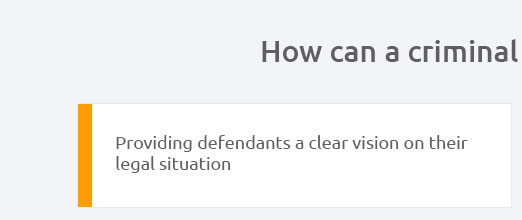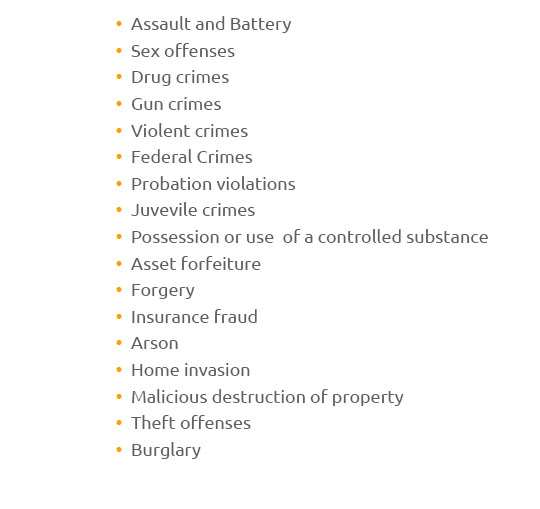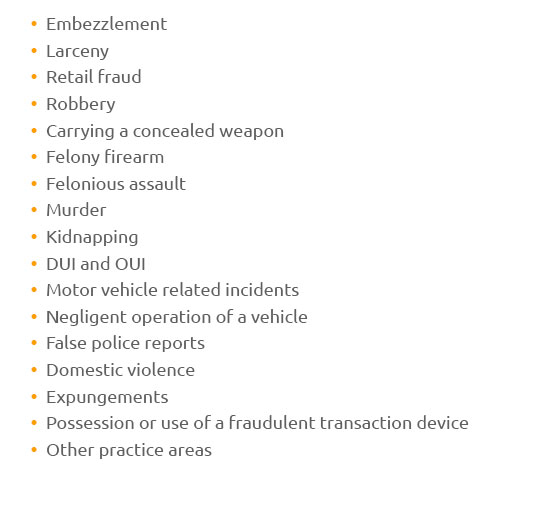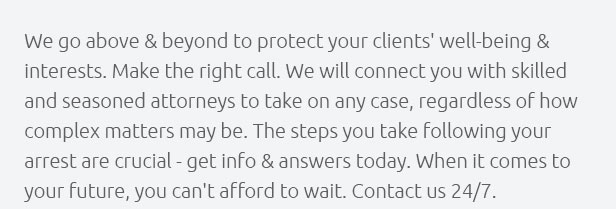 |
|
||||
 |
 |
 |
 |
 |
 |
 |
 |
 |
 |
 |
 |
|
 |
 |
 |
|
||||
|
In a world where justice is not always blind, a criminal lawyer stands as your fearless advocate, navigating the treacherous waters of the legal system with unmatched expertise and unwavering resolve, challenging every accusation and fighting fiercely for your rights; our criminal lawyers are not just legal experts, they are warriors in the courtroom, armed with a deep understanding of the law and a relentless commitment to securing the best possible outcome, because when your future hangs in the balance, you deserve nothing less than a champion who is as relentless as they are compassionate.
https://www.justia.com/lawyers/criminal-law/wisconsin/hudson
Find the best criminal attorney serving Hudson. Compare top Wisconsin lawyers' fees, client reviews, lawyer rating, case results, education, awards, ... https://lawyers.findlaw.com/lawyer/firm/criminal-law/hudson/wisconsin
Free consultations. Experienced criminal defense lawyers in Hudson, WI. Learn about the steps you can take if you are facing charges. https://www.nelsondefensegroup.com/about/
Nelson Defense Group is a Wisconsin criminal defense law firm serving clients statewide. Call 715-386-2694 for a free initial discussion of your case.
|




